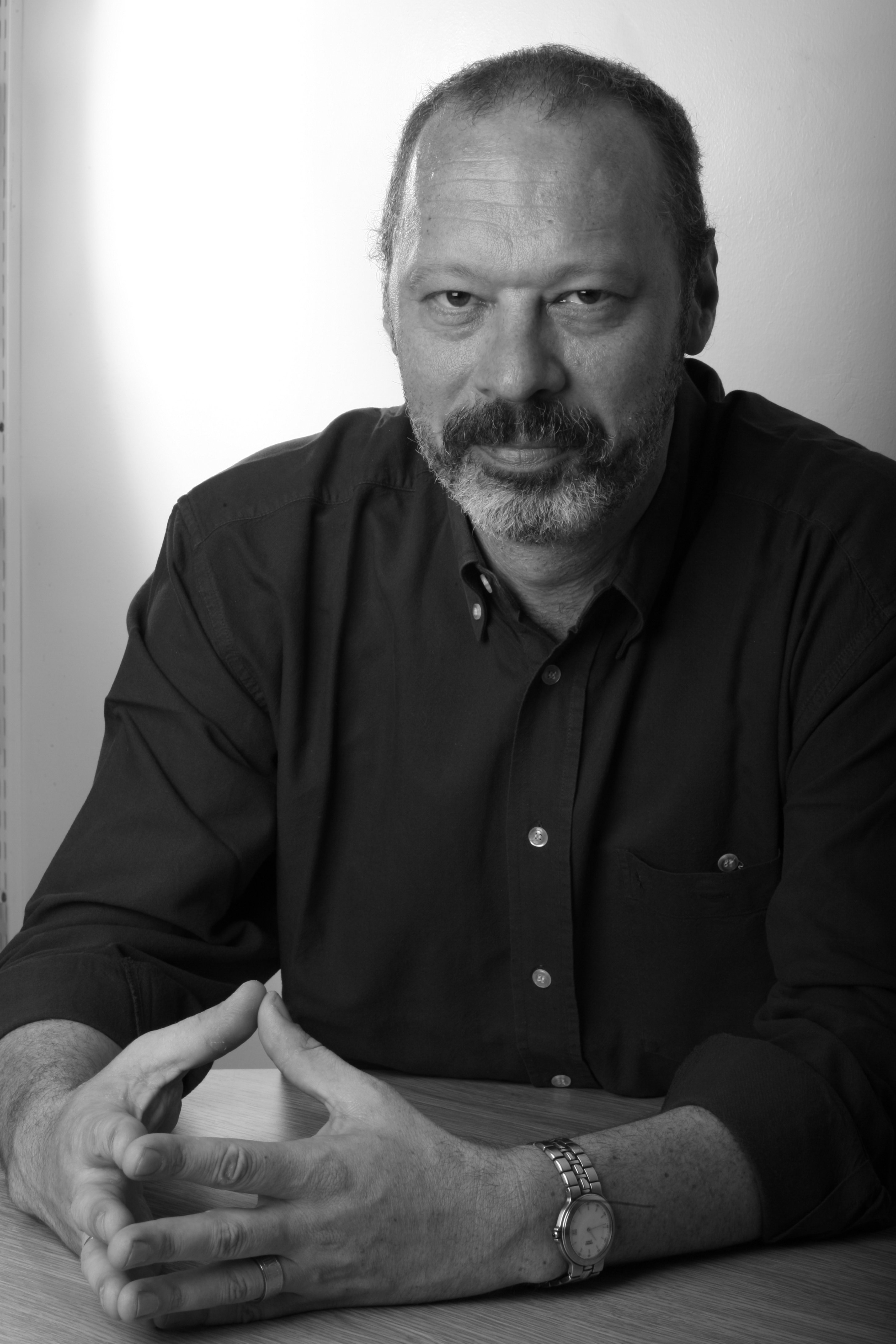Jan Blommaert
 Expertise:
Expertise:
-
Discourse analysis - African linguistics -
Ethnography - LADO practitioner
Jan Blommaert is Professor of Language, Culture and Globalization and
Director of the Babylon Center at Tilburg University, the Netherlands, and
professor of African Linguistics and Sociolinguistics at Ghent University.
Prof. Blommaert has published widely on language ideologies
and language inequality in the context of globalization, focusing on
institutional sociolinguistic regimes in fields such as education and
immigration. Publications include The Sociolinguistics of Globalization
(Cambridge University Press, 2010), Grassroots Literacy (Routledge,
2008), Discourse: A Critical Introduction (Cambridge University Press,
2005), Language Ideological Debates (edited, Mouton de Gruyter, 1999).
He has consulted in asylum cases, and he was a founding member of the Language &
National Origin Group who authored the 2004 Guidelines.
Jan Blommaert was awarded the 2010
Barbara Metzger Prize by the
Wenner-Gren Foundation for Anthropological Research for an article entitled
‘Language, Asylum and the
National Order’ (Current Anthropology 2009).
Email:
j.blommaert
Please add: @tilburguniversity.edu
Related Publications
BOOKS
2010. A Sociolinguistics of Globalization. Cambridge:
Cambridge University Press.
2008. Grassroots Literacy: Writing, Identity and Voice in
Central Africa. London: Routledge.
-
This book presents an attempt at understanding
the literacy regimes valid in peripheral areas of the world such
as Central Africa. Ethnography of texts from such areas points
towards a wide range of literacy problems that can and do become
acute in the context of transnational mobility, such as in the
case of asylum seekers.
2005. Discourse: A Critical Introduction. Cambridge: Cambridge
University Press.
PAPERS
2009. Language, asylum and the national order. Current
Anthropology 50/4: 415-441.
-
An extended analysis of the role of language
in an asylum application case in the UK, where the Rwandese
applicant was initially dismissed because of his ‘unusual’
language repertoire. The paper argues that asylum seekers are
caught between a late-modern sociology of migration and
high-modern, national frames used in institutional contexts for
addressing this Late-Modern phenomenology. (This paper was
awarded the 2010 Barbara Metzger Prize by the Wenner-Gren
Foundation)
2008. Bernstein and poetics revisited: Voice, globalization
and education. Discourse & Society 19/4: 421-447.
2006. Applied ethnopoetics. Narrative Inquiry 16/1:
181-190.
2005. Bourdieu the ethnographer: The ethnographic grounding of
habitus and voice. The Translator 11/2: 219-236.
2004. (coauthor) Guidelines for the use of language analysis
in relation to questions of national origin in refugee cases. The
International Journal of Speech, Language and the Law: Forensic Linguistics,
11(2): 261-266. Available at
http://www.unhcr.org/refworld/
2004. Writing as a problem: African grassroots writing,
economies of literacy and globalization. Language in Society 33/5:
643-671.
-
This paper engages with literacy in a
globalized context, using an extensive analysis of writings by a
Burundese asylum seeker. It argues that writing, while generally
seen as empowering, can in effect be one more obstacle in such
deeply unequal settings.
2002. (Katrijn Maryns & Jan Blommaert.) Pretextuality and
pretextual gaps: On re/defining linguistic inequality. Pragmatics 12/1:
11-30.
-
Drawing on work with asylum applicants, this
paper engages with the theoretical and methodological issues of
sociolinguistic and narrative inequality, using the notions of
pretextuality and pretextual gaps to describe the gaps between
expected competence and real competence in such events.
2001. Investigating narrative inequality: African asylum seekers’ stories in
Belgium. Discourse & Society 12/4: 413-449.
-
An article that sketches the theoretical,
methodological and descriptive issues involved in asylum
seekers’ narratives, focusing on the resources used in
storytelling and the problem of voice in application contexts.
Reprinted 2007 in Teun van Dijk (ed.) Discourse Studies,
Vol. 1: 207-245. Los Angeles: Sage.